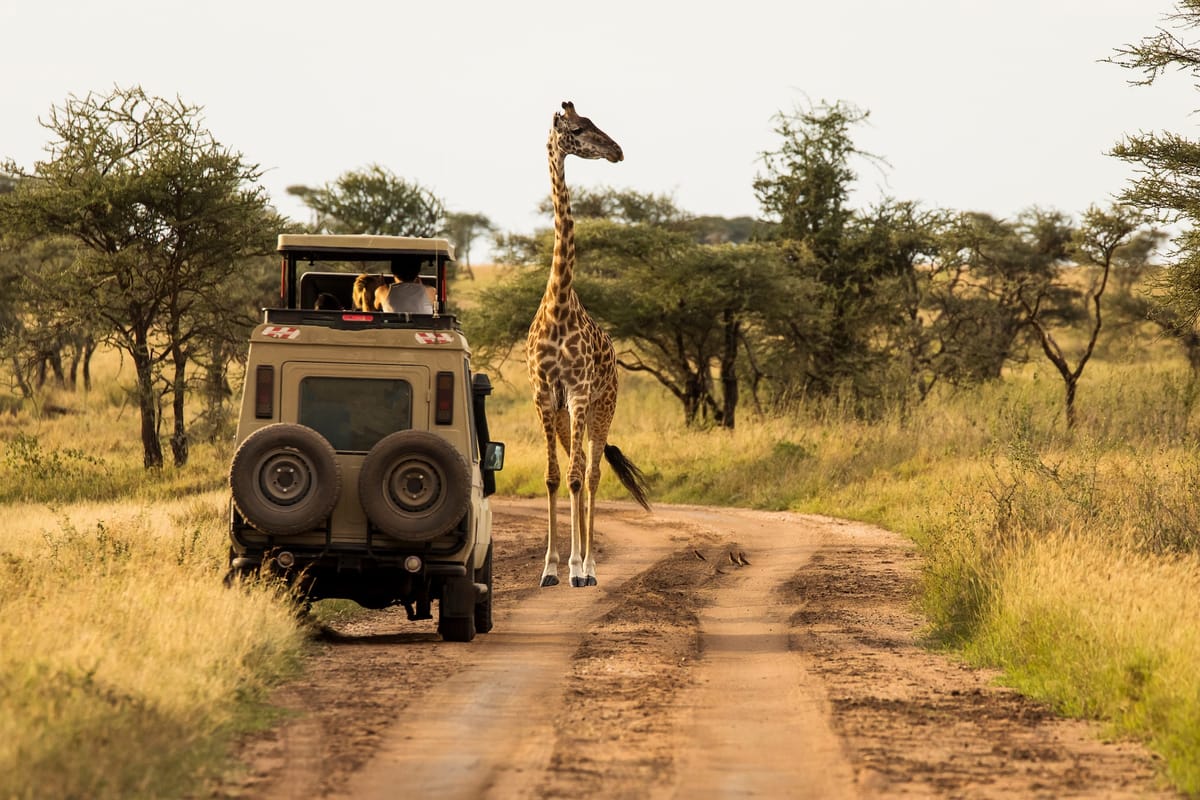

Planning Your Accessible Safari
Embarking on an African safari is a dream for many, and with careful planning, it can be an unforgettable experience for everyone, regardless of physical limitations. The key is to choose a tour operator that specializes in accessible travel and understands the specific needs of seniors or travelers with disabilities.
Start by researching reputable tour operators that offer accessible safari packages. Look for companies with experience in accommodating wheelchairs, providing mobility aids, and catering to dietary restrictions or other medical needs. Read reviews from previous travelers and don't hesitate to contact the tour operator directly to discuss your specific requirements.
Choosing the Right Destination
Africa is a vast continent with diverse landscapes and wildlife viewing opportunities. When selecting a destination for an accessible safari, consider factors such as the terrain, availability of adapted vehicles, and accessibility of lodges or camps.
Some popular destinations for accessible safaris include:
- South Africa: Known for its well-developed infrastructure and numerous private game reserves offering accessible accommodations and game drives.
- Tanzania: Home to the Serengeti National Park, renowned for its annual wildebeest migration, and offers accessible hot-air balloon rides.
- Botswana: Offers a unique safari experience in the Okavango Delta, with accessible mokoro (traditional canoe) excursions and elevated platforms for game viewing.
Accessible Accommodations and Transportation
Many lodges and camps in Africa have been designed or adapted to accommodate travelers with disabilities. Look for accommodations that offer features such as:
- Ramp access to main areas and rooms
- Roll-in showers or adapted bathrooms
- Grab bars and other mobility aids
Transportation is another crucial aspect to consider. Ensure that the tour operator provides accessible vehicles, such as 4x4 vehicles with wheelchair lifts or ramps. If you require the use of a wheelchair, inform the tour operator in advance so they can make appropriate arrangements.
Essential Packing Tips
Packing for an African safari can be overwhelming, but it's essential to pack light while bringing all the necessary items. Here are some packing tips for seniors:
- Pack comfortable, lightweight clothing in neutral colors that blend in with the surroundings.
- Bring a wide-brimmed hat, sunglasses, and sunscreen to protect yourself from the sun.
- Pack insect repellent containing DEET to ward off mosquitoes and other biting insects.
- Carry any essential medications in your carry-on luggage, along with copies of your prescriptions.
- Bring a small flashlight for navigating around the lodge or camp at night.
Health and Safety Precautions
Before embarking on your safari, consult with your doctor to ensure you are in good health and up-to-date on any necessary vaccinations. It's also advisable to purchase travel insurance that covers medical emergencies and evacuation.
While on safari, it's important to stay hydrated by drinking plenty of water. Listen to your body and take breaks when needed. Follow the instructions of your guide and avoid approaching wild animals.
Making the Most of Your Experience
An African safari is an incredible opportunity to witness nature's wonders and create lasting memories. To make the most of your experience, consider these tips:
- Communicate your needs and preferences to your guide, who can tailor the experience to your abilities.
- Engage with the local culture and learn about the wildlife and conservation efforts.
- Take plenty of photos and videos to capture the unforgettable moments.
- Embrace the unexpected and enjoy the journey.
Dues are $12 per year. Member benefits:
✅ Ad-Free Website Viewing
✅ Advocacy for Republican Seniors
✅ 120+ Senior Discounts
✅ Member Only Newsletters